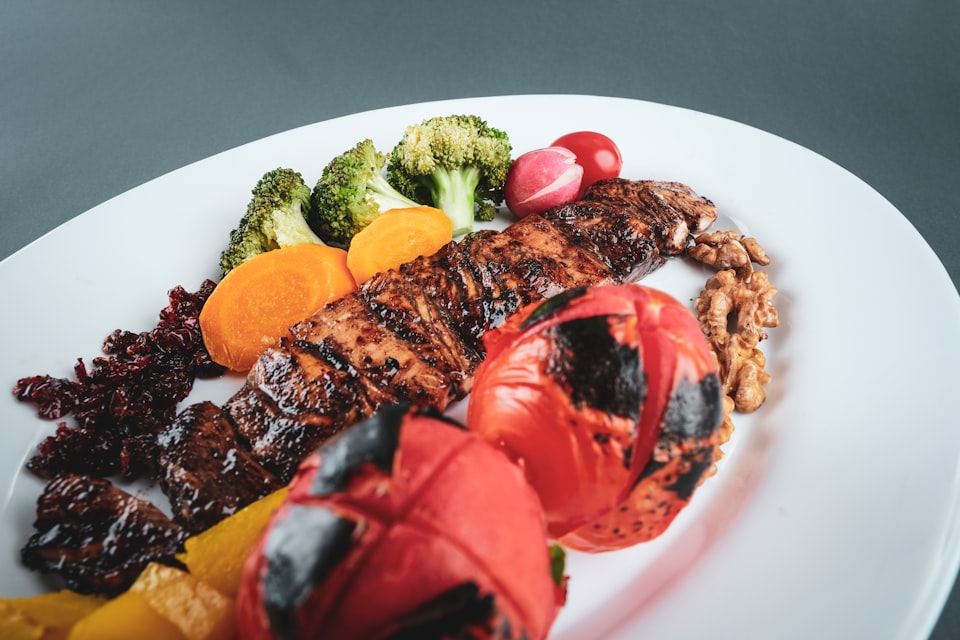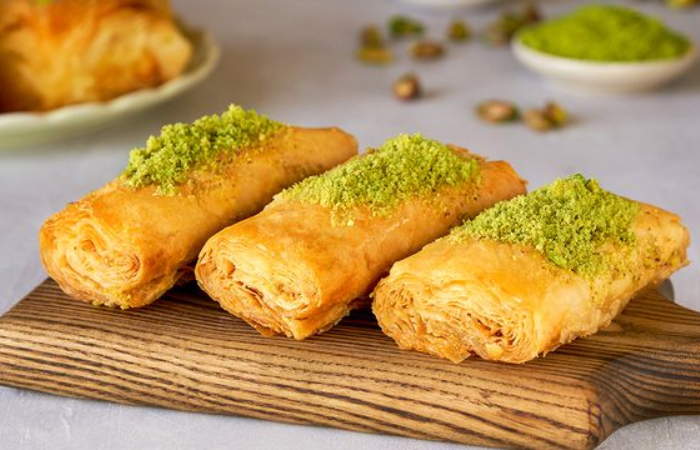What does Halal Food mean?

Gain insights into the significance of halal food, delve deeper into the specifics of halal meat, and explore various aspects of halal dietary practices.
Halal Food: An Insightful Guide
Halal food, a term widely recognized and yet often misunderstood, especially in non-Muslim societies, represents more than just dietary guidelines; it embodies a comprehensive Islamic lifestyle. The Arabic term 'halal' literally translates to 'permissible' or 'lawful,' standing in contrast to 'haram,' which denotes the forbidden. The realm of halal is not limited to food alone but encompasses all aspects of life, reflecting the Islamic ethos.
In the culinary world, halal is frequently compared to kosher practices in Judaism, yet it has its unique principles and guidelines. When it comes to halal meat, the focus intensifies on the method of slaughter, known as dhabiha. This ritual slaughter involves a swift and humane incision to the animal's neck, ensuring the draining of blood, as consuming blood is strictly haram in Islam. The process includes the recitation of a dedication, highlighting the spiritual aspect of the act.
The stipulations for meat to be considered halal don't end there. The animal must be alive, healthy, and conscious at the time of slaughter. Carrion, or animals that die naturally or due to illness, are categorized as haram. Although some controversy surrounds the practice of not stunning animals before slaughter, it’s crucial to recognize that the principles of halal slaughtering are rooted in respect for life.
Not every animal, however, qualifies for halal consumption. The list of haram meats includes pork and its derivatives, donkeys, mules, horses, predatory animals with fangs, birds of prey, and reptiles, among others.
Beyond meat, the halal dietary guidelines also cover other food groups. Vegan food generally aligns with halal standards, barring the inclusion of alcohol, which is haram. Vegetarian food, including dairy and eggs, might require more scrutiny depending on the production methods and the animal's diet, which may involve non-halal elements.
Conclusion
Halal food, more than just a set of dietary rules, is a reflection of a broader ethical and spiritual system. It guides not only what is consumed but also how it's prepared, with an emphasis on compassion, cleanliness, and conscientiousness.



